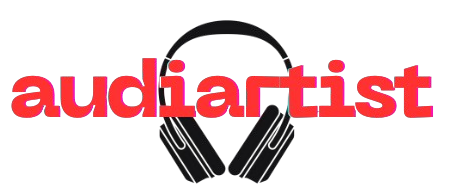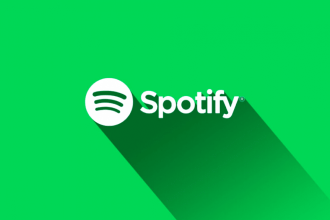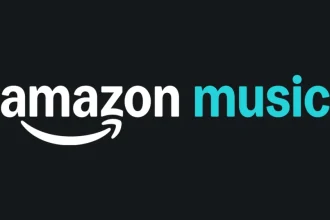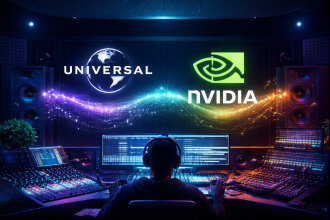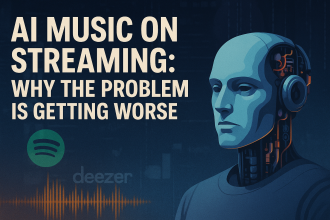In a move that could redefine the balance between technology and creativity, Spotify has announced new partnerships with major record labels — Sony Music Group, Universal Music Group, and Warner Music Group — to develop “responsible AI products” for the music industry. The initiative, first reported by The Guardian, aims to integrate artificial intelligence into the streaming ecosystem without undermining the rights or revenues of human artists.
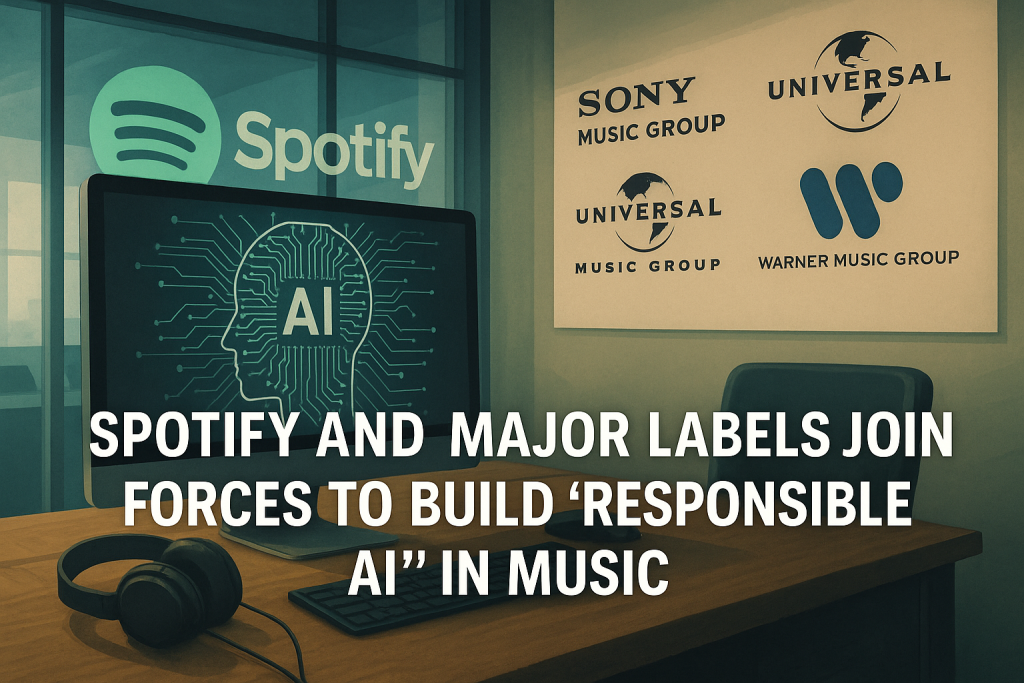
The Rise of “Responsible AI” in Music
AI has already become a powerful force in music — from generating melodies and remixing classics to creating entire synthetic vocal performances. But it has also sparked intense debate about ownership, royalties, and authenticity.
Spotify’s approach is to create AI-driven tools and experiences that remain transparent and ethically compliant, ensuring that rights holders are properly credited and compensated.
The company insists this initiative won’t lead to a flood of AI-generated songs on its platform. Instead, it will focus on AI features that enhance user experience, such as smarter recommendations, personalized mixes, and adaptive soundscapes, while maintaining a clear human oversight for any creative applications.
Why It Matters
This partnership signals the start of a new phase in the AI–music relationship. Until now, platforms were often reactive — removing unauthorized AI tracks or adjusting algorithms to limit fake streams. Spotify’s latest move is proactive: it seeks to shape how AI will function within the future of streaming.
For artists, this could be both an opportunity and a challenge:
- Opportunity, because AI could simplify the workflow, offering new tools for mixing, mastering, and creativity.
- Challenge, because the big question remains — who owns the output of an AI system trained on copyrighted material?
As The Guardian notes, the agreement also establishes a precedent for royalty-sharing on AI-derived works, though details remain confidential.
The Industry’s New Power Dynamics
Partnering with all three major labels gives Spotify a strong advantage in setting the rules for AI usage. It ensures compliance with global rights holders and creates a framework for ethical monetization of machine-generated music. However, critics argue this alignment between tech and corporate music giants could leave independent artists out of the conversation.
There’s a growing fear that “responsible AI” might still end up serving those already in control of most of the industry’s catalog. As AI tools become more capable, questions about access, transparency, and fair compensation will only get louder.
What Comes Next
In the coming months, Spotify plans to launch pilot features using its new AI framework, potentially including:
- Voice recreation tools for podcasters and creators (with consent).
- Smart mastering assistants trained on label-approved datasets.
- Ethically trained recommendation engines, designed to prioritize verified artists and minimize spammy or AI-spam uploads.
If successful, these tools could mark a turning point — proving that AI and artistry can coexist without cannibalizing one another. But for now, as the streaming wars evolve, it remains to be seen whether these “guardrails” will protect creators… or merely define a new hierarchy between them.
![]()
